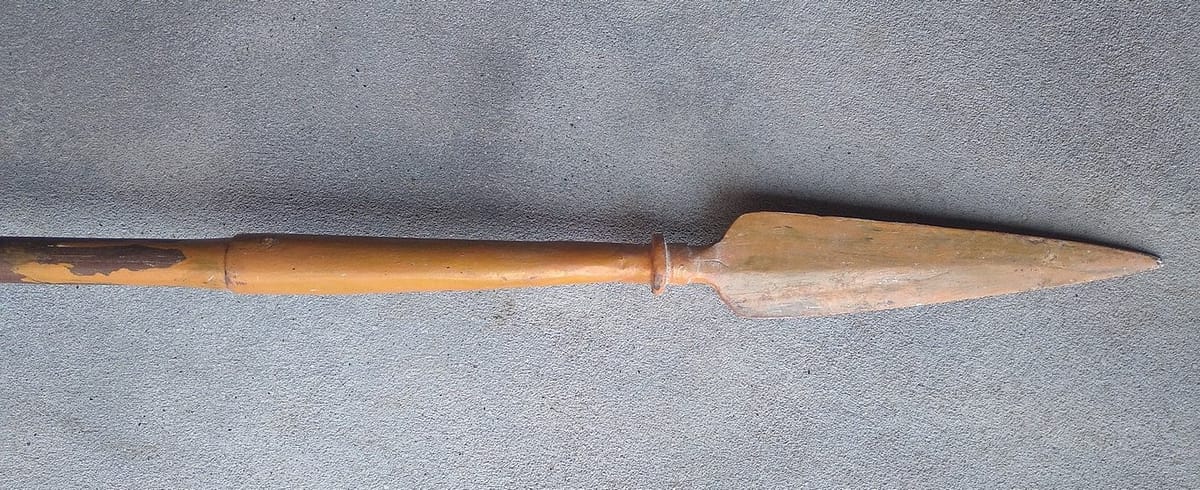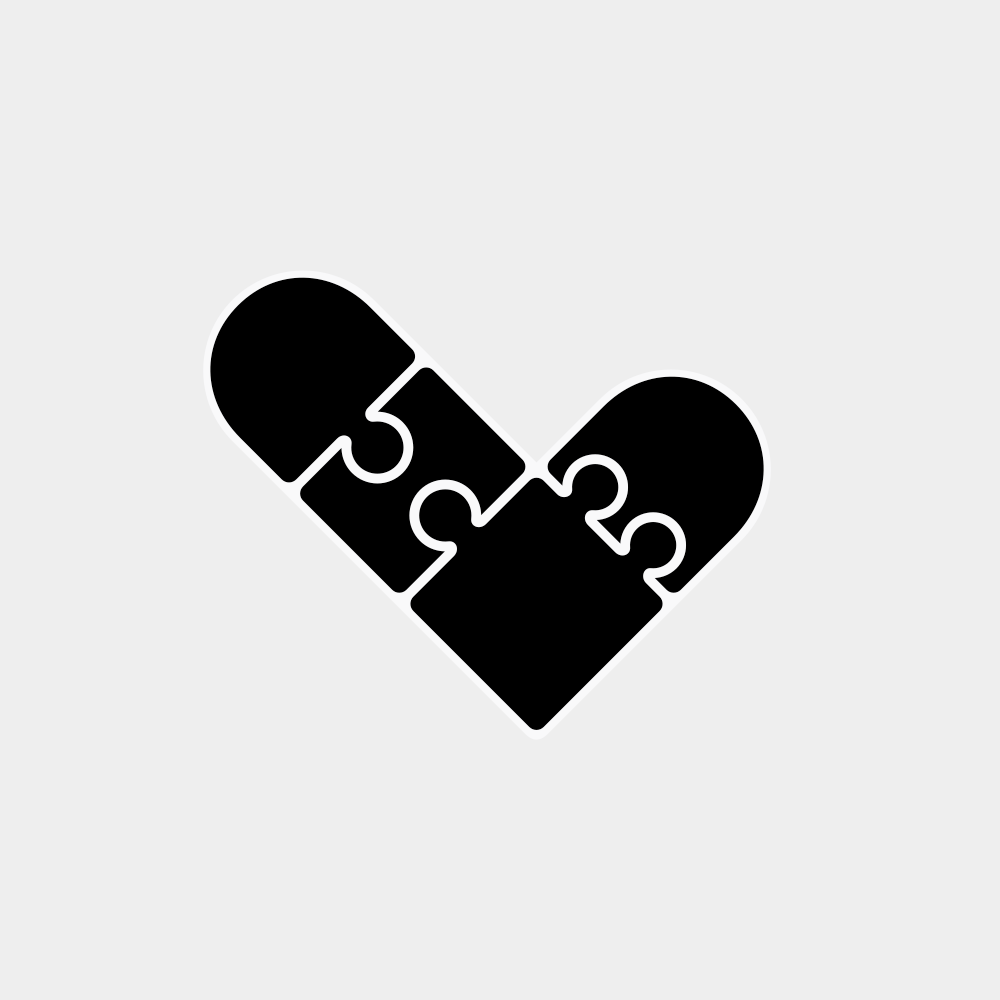when bad things happen in the world
My projects won't save a life or end that bad problem over there, but without hesitation I know my actions to be completely holistic.

Suffering, lots of it, has been around since before you and I were born. It's not new, but still impacts us so strongly that seeing people in pain or learning about possible future issues can numb us into paralysis ("there's nothing I can do", "let me think about something else") or provoke us into finding solutions ("what can I do?", "how do I make a difference?").
I went through a short period considering myself an activist when I was helping organize events and student initiatives to raise awareness about various issues: this was a time when I shared news and political outrage on social media, using whatever platform I had to publicly call out hypocrisy in anger, often shouting into the void; saying it this way is not meant to demean anyone who does similar-seeming things, but a way to acknowledge my own misalignment of intentions as I operated under confusion without realizing—I thought that's what my response needed to be.
With a greater understanding of how power works and propagates itself, I now focus on things that bring me satisfaction. Dealing with root causes rather than symptoms is harder because it's invisible and not a job for one person, or even a group of people: it really requires humanity overall to be more cooperative. So every time I feel the real and consequential urgency of moral injury, and find myself thrown into deciphering a problem larger than myself while I brush my teeth anxiously or lie in bed unable to sleep, I try to remember that my individualized frenzy is misplaced: it's not just me that will solve this—it's the whole planet working together. How can this be accomplished? Is it even possible? Or a good idea? I don't have all the answers but trust in figuring that out collectively, and rather than joining a group or starting one, I've chosen to create bridges between them.
Part of bringing people together involves being inclusive and seeing diverse forms of contribution as useful and necessary: what's needed isn't always visible, vocal, and popular forms of 'activism', or what is considered as such either by 'activists' or the people who claim to disdain them. Everything is politics. I like how this analogy of the spear describes a spectrum of contributions coming together:
- Direct action is the tiniest tip of a spear's blade: sharp and vital for making a mark, but not powerful on its own.
- The metal part between tip and handle represents organizing around that, showing up, and substantiating the above with food, calls, gatherings, emotional support, bail, paperwork, etc…: everything here enables the tip to have some kind of impact and is often considered activism, but the result is very acute (and seen as fringe) without further support from a larger populace.
- Supporters of a movement inhabit the much longer portion of a spear's handle, and represents a diversity of perspectives, some of which may not feel satisfactory to the metal and tip; it doesn't get as much attention as the other parts even though it's what creates leverage and forward movement for deep impact. At the very end of the handle you might find people who show up to take a selfie and leave: this is considered 'merely performative' by some but is also important for bringing ideas out of the fringe and into normal discussion, shifting thought.
To find my own place within this sphere, I avoid doing things that make me feel replaceable, where the result would be comparable if someone else was in my place, and prefer activities where the outcome drastically changes because I'm there. This leads me to spend most of my time on personal projects, which often provokes a comparison about whether I'm doing 'enough' or 'my part' in times of crisis, probably because it's not how most people get to spend their days. Yet, every time I question myself, the deliberations lead me circling back to the same place: my projects will likely not save a life or end that bad problem over there, but without hesitation I feel and understand my actions to be completely holistic.
How do conversations on Strolling help? After a period of global political unrest and binary views on how things should be, I observed divisions everywhere, and saw myself as part of the problem that divided communities into red and blue. Dissatisfied that greater powers continue to flourish and profit as we squabble over our teams and rip apart the world's social fabric with our own hands, I recognized that dialogue is critical to overcoming conflict and disagreement, and have I've tried to repair what I can by learning to disagree productively, fostering discussion, being a bridge, reconnecting, calling in, reaching out. Strolling tries to honour dialogue and what is possible through merely conversing, and perhaps also expose people to ideas they wouldn't come across anywhere else or be open to; I've been in a bubble so far recording mostly with people who share adjacent perspectives, but on occasions where I disagree, I practice being conducive instead of reactionary.
How do apps help? Technology underpins everything today, and its companies with massive resources would rather profit from transforming us into consumers of their addictive platform fodder than help us cultivate greater agency. I don't believe technology will or can solve all our problems, but if we want a different future, it must involve changing our technology. I participate here because I have specific skills and feel it's under-addressed, as: 1. most of the world does not have the space to develop technical expertise to infiltrate the castles of confusion erected by programmers; and 2. most of those who do have expertise see it as a job or fun hobby without attempting to change why it works the way it does; without criticism towards either, I believe this is the reality and it's not sufficient. My involvement has always tried to help close this gap by documenting for beginners, or decentering the English language in app development (maximum localization), or incorporating non-techie friends into the world of alternative technology. I've also written about agency, separation of data from apps, interoperability, and antipatterns, often with accessible language and minimal jargon, to help more people realize what could be possible.
How does music on Vibrations help? It's my formation and one place where I might hold a deeper credibility. I publish music mostly for myself as a way to recover from the narrow-minded upbringings of my training, and send a message about how different the concept of music could be. People seem to enjoy what I share, and that has taught me to care less about being considered 'professional' (a former pain point) and more about doing meaningful things. I consider music one of the deepest, most underrated forms of social change, and it's completely invisible to most people; I might write later about how [[music is not what's on your streaming platform]]. Daryl Davis talks about reflexes as a musician to 'create harmony' as he reformed over 200 KKK members, and although he mentions it in passing as if light spiritual humour, I think music manifests a capacity to create synergy, and on a practical level help coordinate multiple things in parallel.
In summary: I have some skills, see where it could make a difference, and try to enjoy the process; this may lead to discomfort or financial instability if it's not seen as useful by the institutions of society, but I've learned to harden myself against comparisons and counterproductive thoughts as long as I believe in what I'm doing. The range of 'music, technology, and conversations' might seem disparate and perhaps selfish, but I see it all as complementary and emancipatory: there's no question to me that it's holistic, which fills me with confidence to go forward 100% even as the dumpster fire burns higher.
I'm also proud to have received feedback that my presence had an unlocking and enabling effect on some people, without trying to persuade them to do things the way I do; I believe changing something about your life merely by feeling inspired is actually quite powerful and was my catalyst for many initiatives and habits.
When you think 'nothing I do matters' consider this: in all those stories of time travel, you step out of your time machine into a moment of the past, maybe feeling uneasy about touching anything or making even the slightest change to your surrounding environment, out of fear that any difference would create a cascading effect with unforeseeable consequences as time progresses with the result of your actions; now bring yourself back to the present and realize that the same power is held by each of us, right now. So… What would you like to do today?
Thanks to Heddi for encouraging me to put in words here something that I've often said to myself and others, but never considered writing.
